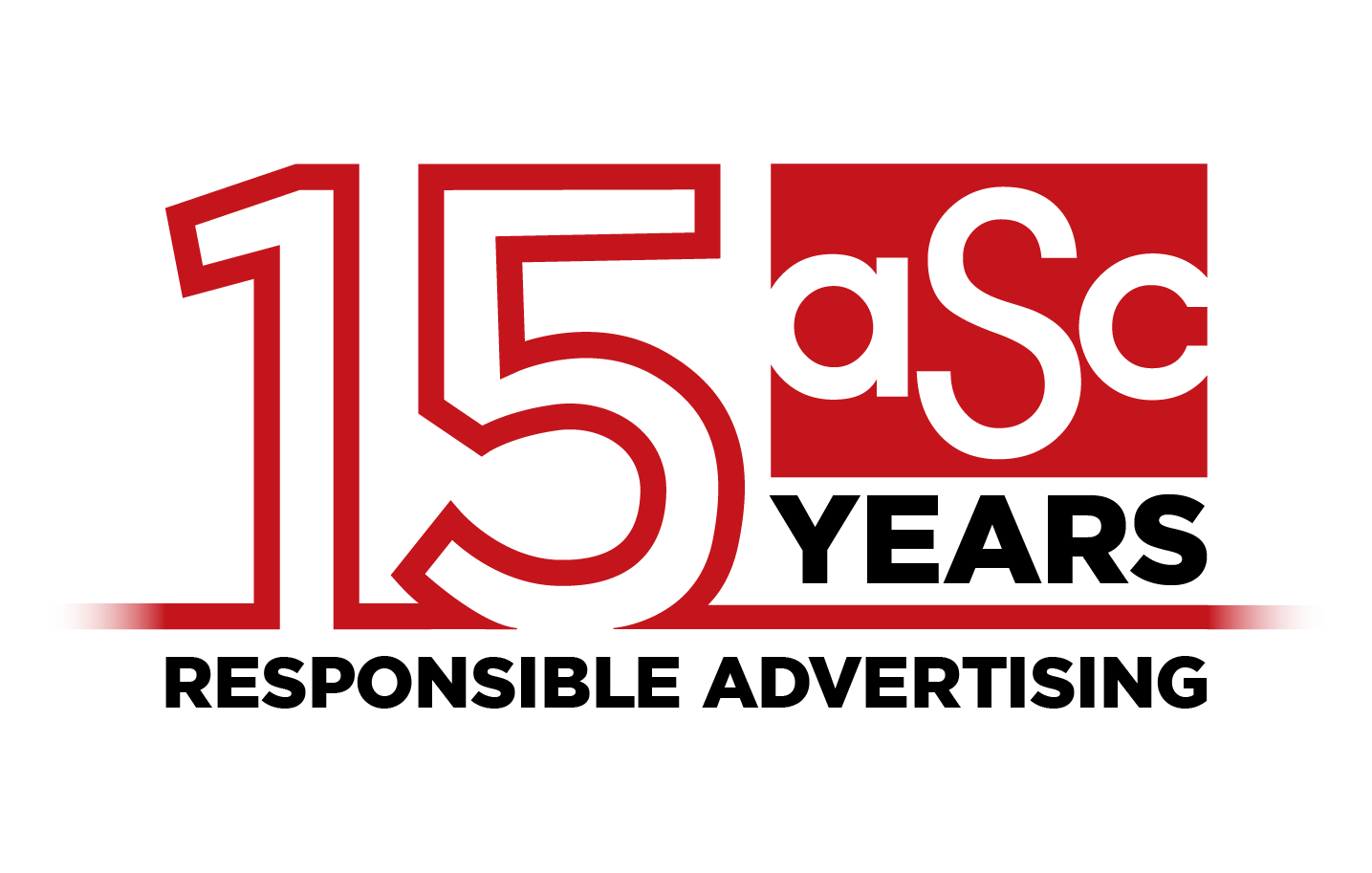Section 2. Filing of Complaints
Form
A Party shall file a Complaint or Appeal in writing, addressed to the ASC Executive Director.
Complaints in social media will not be addressed by ASC unless formalized in writing, addressed to the Executive Director.
- The complaint must be signed or noted by an officer of senior management position of the Advertiser/Ad Agency, or their authorized representative, provided that the representative submits a letter of authorization signed by a senior officer of the Advertiser/Ad Agency and must be accompanied by the applicable fee.
- Advertisers/Ad Agencies who file a complaint must indicate the contact person/s and other contact details.
- Complainant must identify the product or service being advertised, and the medium in which the advertisement appeared:
- For Broadcast Advertisements
- Identify the station/network, the program, time, and date the ad was monitored.
- Advertiser/Ad Agency who complains shall provide a clear photoboard with the corresponding copy, and an mpeg copy of the TOA and 3rd party certification, i.e., monitoring agency or network that the material being complained actually aired on such date and time indicated in the complaint letter.
- For Print Advertisements
- For Broadcast Advertisements
Identify the name and date of publication/s where the ad was monitored, including an actual copy of the ad/tearsheet clearly showing the date and name of publication.
-
- For OOH Advertisements such as billboards, merchandising materials, collaterals, transit, or similar ads:
- Identify the date and exact location where the ad was monitored.
- Complainants must provide a clear photograph of the ad in question with proof of date monitored e.g., include a newspaper banner in the photo showing issue date.
- For Cinema Advertisements
- Identify the date the ad was shown and the name and location of the movie theater where the ad was monitored.
- The Complainant shall provide a photoboard and 3rd party proof of exhibition/ showing of the ad in question.
- For Internet/Digital and Mobile Advertisements
- For OOH Advertisements such as billboards, merchandising materials, collaterals, transit, or similar ads:
Identify the date of the ad when it was seen, including a print-out of the screen grab of the advertisements and other applicable web pages, if any.
-
- For Collateral/Merchandising materials
- Provide proof of date monitored e.g., include a newspaper banner in the photo showing issue date.
- Complainants must provide clear photographs of the exact location where the collateral/ merchandising materials were seen posted or displayed, e.g., supermarket, public market, sari-sari store, etc.
- For Collateral/Merchandising materials
The ASC shall NOT entertain and accept complaints via telephone, text, social media, or word-of-mouth from consumers or the general public.
-
- Consumers’ complaints on advertising materials must be in written form and submitted to the Executive Director or the Operations Manager, either through courier or e-mail.
- Consumer complainants must indicate their complete contact details to avoid nuisance complaints, e.g., postal and e-mail address, phone numbers, and other contact details that may establish their credibility.
- As with a regular complaint, the ASC shall forward a copy of the letter to the Advertiser concerned.
- Consumer complainants may be invited to present their case in person to the ASC, especially if such complaints are widespread or are of highly sensitive nature. The panel shall be composed of the ASC Chairperson or President, ASC Tech Com Chairperson and the ASC Executive Director or Operations Manager.
Whenever necessary, the ASC Legal Counsel shall also be present.
-
- Action by the panel may be: 1) send to Advertiser for voluntary action; 2) dismiss the complaint with notice to Complainant and Advertiser/Ad Agency; or 3) other recommendation/s, which must follow the ASC procedures.
Substance
- The Complainant shall cite the specific copy lines, claims, slogans, visuals, or elements being complained on and the specific provisions in the Code of Ethics that are allegedly violated.
- The Complainant shall explain in a precise manner the rationale for each provision in order that ASC shall be sufficiently aided in determining the issues involved and giving due notice to the Defendant on the alleged violation.
- If the Letter of Complaint filed does not clearly state these items, the ASC Executive Director shall return the letter to the Complainant. The hearing of the case shall not be scheduled.
- The Defendant may also request for a Letter of Particulars if it finds the complaint vague. In this case, the ASC Executive Director shall decide whether a Letter of Particulars is in Otherwise, the complaint shall proceed as originally filed.
- If the ASC Executive Director decides that a Letter of Particulars should be submitted by the Complainant, the date of receipt of the complaint shall be the date of receipt of the amended complaint, which includes the Letter of Particulars.
- Issues and provisions that are not covered in the Letter of Complaint cannot be brought up during the hearing of the case.
Prescription Period for Filing of Complaints
- The prescription period for filing of complaints is sixty (60) calendar days from the first airing, posting, publication, or display of subject copy, claim, visual, or slogan in a
- Filing fee for complaint filed past the prescription period shall not be refunded.
- There is no prescription period for filing of Complaints that involve:
- Print, merchandising materials, internet, digital, and mobile advertisements that do not require screening prior to publication/display/posting.
- Print, merchandising materials, internet, digital and mobile advertisements that were not approved by the ASC.
Monitoring
Advertisers/Ad Agencies who monitored the continued use of banned or CDO’d ad materials should submit a formal notice to the ASC. Complainant must identify the product or service being advertised and the medium in which the advertisement appeared. Proof of airing, display, publication or posting must be attached to the letter. For broadcast materials, third party proof must be submitted before ASC schedules a Hearing Panel or Refer to Panel sessions.

